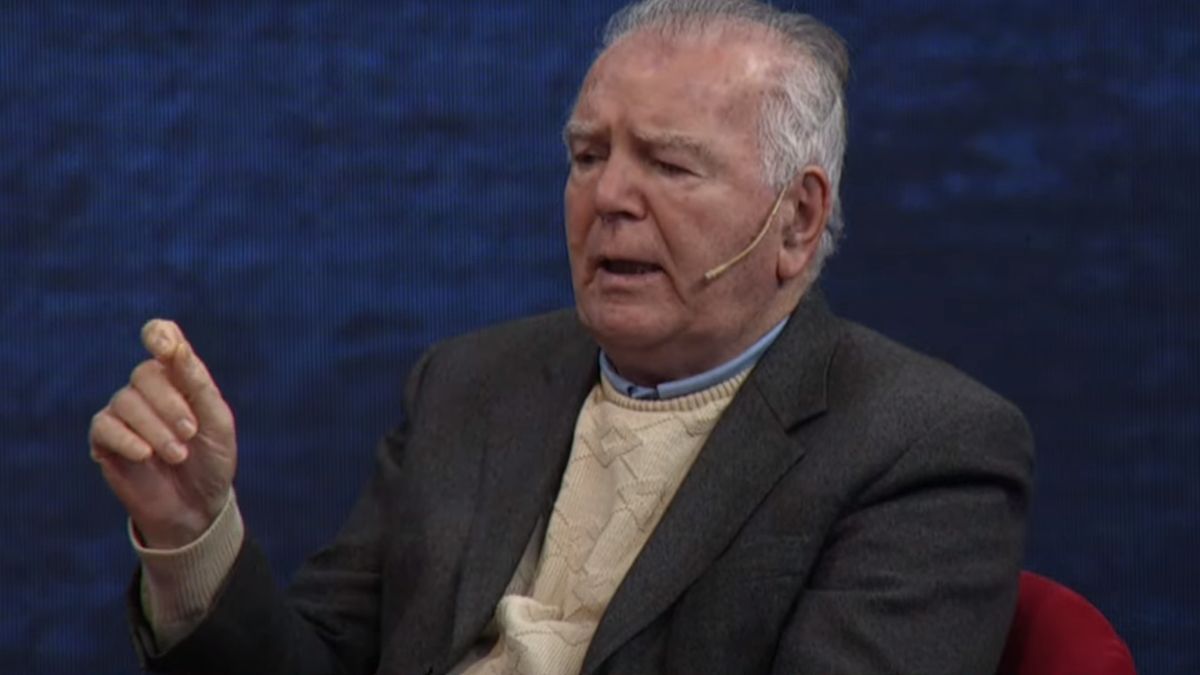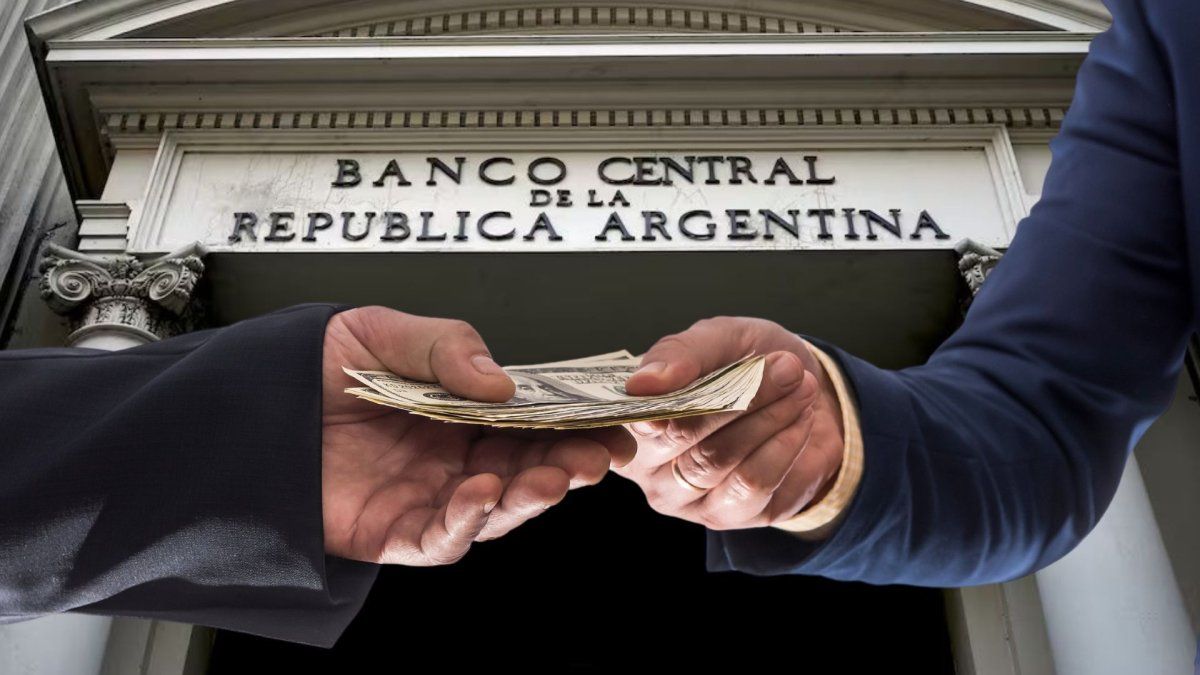According to partial results of the opposition parties’ primary election, the mayor of Hodmezovasarhely was clearly in the lead on Sunday evening. The social democrat Klra Dobrev already admitted her defeat that evening.
After 60 percent of the votes were counted, the liberal conservative Mrki-Zay was clearly ahead of Dobrev with 60 to 40 percent. At a press conference that evening, Dobrev admitted their defeat and congratulated their competitor on their victory. “From today we will no longer deal with each other, but rather with how the six-party alliance can defeat Orban in the parliamentary elections in 2022,” said Dobrev. That is the most important common task.
In the first round of elections Dobrev had received 34.8 percent of the vote, followed by the green-liberal Budapest Mayor Gergely Karcsony with 27.3 percent and Mrki-Zay with 20 percent. After the first round, Karcsony decided not to participate in the second round of voting in favor of Mrki-Zay. Karcsony and Mrki-Zay had repeatedly emphasized that with Dobrev as the top candidate, Prime Minister Orban could not be defeated in the parliamentary elections. The reason given was her marriage to the controversial ex-head of government Ferenc Gyurcsny.
The former Orban supporter Marki-Zay has been mayor of Hodmezovasarhely, a former stronghold of the ruling Fidesz party, since 2018. The Catholic and father of seven may therefore have attracted disappointed Orban voters. The political scientist Zoltan Kiszelly called Mrki-Zay geenber the APA, he called the liberal-conservative candidate “Hungarian Trump”. Mrki-Zay would present himself as an anti-establishment candidate. With this he wanted to distance himself from the time before the change of government in 2010 and to address voters who are dissatisfied with this time, emphasized Kiszelly. Mrki-Zay would recommend himself as the “opposition of the opposition”, as a “renewal of the opposition”, as a “bearer of hope” and thus collect points. Since Mrki-Zay does not have a party of his own, he is forced to form an alliance with the other opposition parties.
Then the “crucial question” would come. While Mrki-Zay is voting for a government of experts, the Democratic Coalition (DK) in particular is pushing for a government of politicians. If Mrki-Zay were to make this alliance after a possible victory, including with the DK of Ferenc Gyurcsny, Fidesz would immediately equate him with the controversial former Prime Minister Gyurcsny. It was also “rumored” in Budapest that Mrki-Zay wanted to break this alliance and create his own list and power base with the liberal party Momentum and other parties and public figures who supported him. This constellation would be far more dangerous for Fidesz, emphasized Kiszelly.




